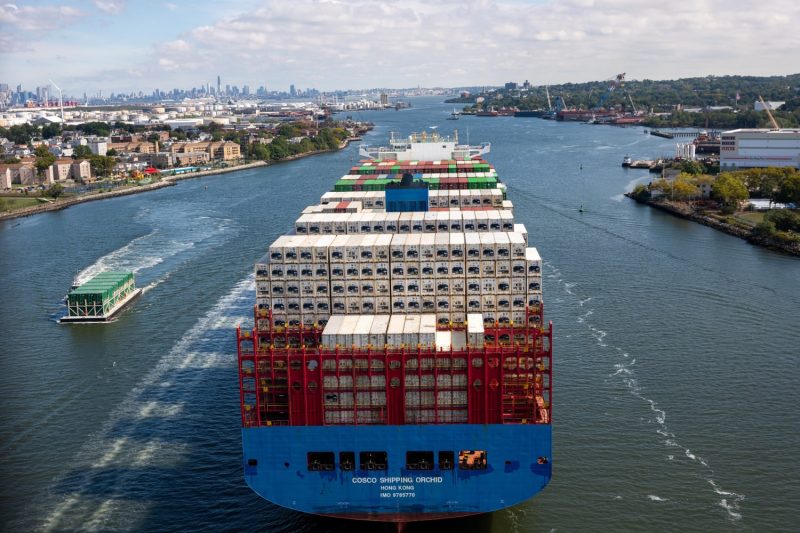The recent shutdown of East and Gulf Coast ports due to thousands of workers going on strike has caused significant disruptions in the shipping industry. The strike has highlighted the critical role that port workers play in the global economy and has raised important questions about labor rights and regulations.
One of the main issues driving the strike is the demand for better working conditions and fair wages for port workers. Many of these workers endure long hours and physically demanding labor, yet they often do not receive adequate compensation or benefits. The strike is a powerful demonstration of their collective resolve to fight for their rights and improve their working conditions.
The shutdown of these key ports has had far-reaching consequences for businesses that rely on efficient and timely shipping services. The disruption in the supply chain has led to delays in the delivery of goods and raw materials, which can have economic repercussions for both businesses and consumers. The strike serves as a reminder of the interconnected nature of the global economy and the reliance of businesses on the smooth functioning of ports and shipping services.
The strike also raises broader questions about the rights of workers in the maritime industry and the need for stronger labor protections. Port workers face unique challenges due to the nature of their work, including safety risks and irregular work schedules. Addressing these challenges requires a comprehensive approach that includes improving workplace safety standards, providing fair wages and benefits, and ensuring that workers have a voice in decisions that affect their livelihoods.
In response to the strike, government officials and industry leaders have been called upon to engage in dialogue with the workers and address their concerns. Finding a resolution that is mutually beneficial for all stakeholders is essential to restoring normal operations at the ports and preventing future disruptions. The strike underscores the importance of listening to the voices of workers and working together to create a more equitable and sustainable working environment.
Overall, the strike at the East and Gulf Coast ports has brought attention to the plight of port workers and the need for stronger labor protections in the maritime industry. It serves as a wake-up call for businesses and policymakers to prioritize the well-being of workers and address the systemic issues that have led to the current impasse. By working together towards a solution that benefits all parties, we can ensure the continued prosperity of the shipping industry and safeguard the rights of workers in the global economy.

